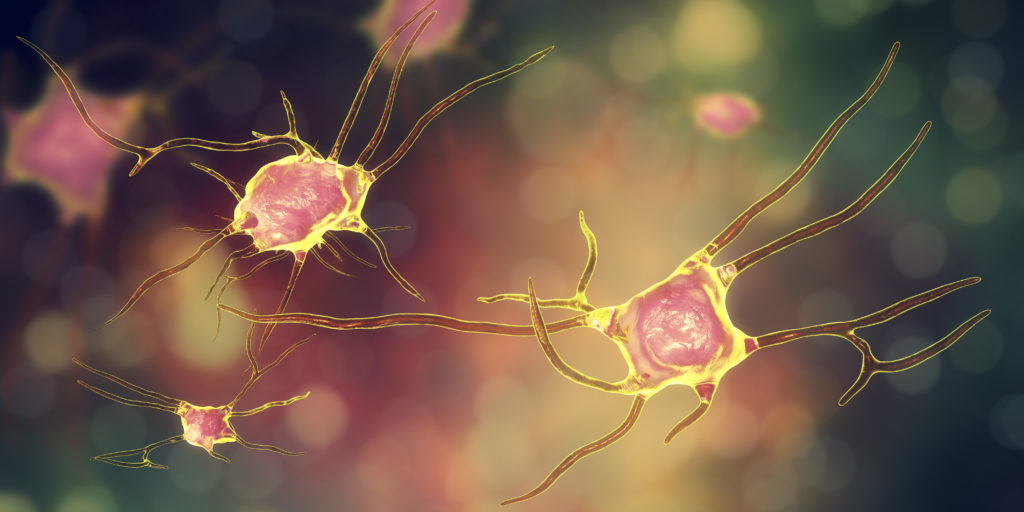Quick Hits
Daily brief research updates from the cognitive sciences

The things scientists do! Getting neurons to play pong is kind of weird, fascinating, and incredibly important at the same time.
Kind of weird because it sounds like some sort of strange scientific experiment whereby neurons, brain cells, can be wired up to a computer to do useless things. But that may be a lay person’s first impression. The implications are quite dramatic. It means that a group of individual brain cells growing in a petri dish can exhibit “intelligent” behaviours. That is fascinating but also an incredibly important insight.
So, what did these researchers actually do?
This was a collaboration between 10 different institutions led by Brett Kagan and the goal was to see how simple systems can adapt and learn behaviours in an environment. We tend to think of the brain as incredibly complex and advanced, as in human brain, but in research often much simpler brain such as that of worms are used. They have very simple brains but can still have a behavioural repertoire and respond and adapt to the environment that belies the brain’s simplicity.
The researchers grew neurons in a petri dish – these show spontaneous electrical activity – brain cells can’t but help to communicate to each other. The cells were sitting on a mesh that was linked in a closed loop to a simulated environment. And this simulated environment was the original computer game pong – hitting a moving dot with a “paddle”. The reason for this is that it is a very simple game easy to understand the rules and gives a clear environment to measure success or failure of “behaviour”.
The spikes of activity of the neurons were measured and when they got stronger, they moved the paddle. When the paddle missed the ball, the neurons were “critiqued” – this was done through a special software programme created by company called Cortical Labs.
The principle that was used is based on a theory called the free energy principle. One of the tenets of this is that all living organisms are trying to find predictability and change their behaviour, or worldview, to achieve this predictability. Therefore when the paddle is missed, unpredictable signals were given, in contrast to predictable signals when the ball was hit.
The neurons then became better and better at playing pong. Collectively learning and self-organising their behaviour to become an effective pong unit.
So, it might sound weird, but this is quite amazing. That brain cells grown in a petri dish can learn to coordinate their activity to learn to play a game. Wow!
This shows that our brain cells are self-organising groups that aim to build behaviour repertories to reduce unpredictably – and therefore operate better in the environment.
And that the primary purpose of our brain is to be prediction machine.

Andy Habermacher
Andy is author of leading brains Review, Neuroleadership, and multiple other books. He has been intensively involved in writing and research into neuroleadership and is considered one of Europe’s leading experts. He is also a well-known public speaker, speaking on the brain and human behaviour.
Andy is also a masters athlete (middle distance running) and competes regularly at international competitions (and holds a few national records in his age category).
References
Brett J. Kagan, Andy C. Kitchen, Nhi T. Tran, Forough Habibollahi, Moein Khajehnejad, Bradyn J. Parker, Anjali Bhat, Ben Rollo, Adeel Razi, Karl J. Friston.
In vitro neurons learn and exhibit sentience when embodied in a simulated game-world.
Neuron, 2022
DOI: 10.1016/j.neuron.2022.09.001
More Quick Hits
Fresh Teams are More Effective and More Innovative
We all know that just about anything in the world is produced by teams. This has never been more true than in scientific disciplines…
Too Much of a Good Thing – Why Leaders Can be Too Extraverted
Extraversion is considered a positive trait particularly in leadership – but can there be too much of a good thing?
Gene Mutation Leads to Being “Clueless”
Researchers at the UT Southwestern Medical Centre have discovered a genetic mutation that impacts memory and learning.
Humble Leaders Make Teams More Effective
This study showed that those in groups with leaders who showed the highest humility reported multiple positive results all of which can be directly correlated to higher performance.
Micro Breaks Improve Performance and Wellbeing
We all know that taking breaks is good for our brain and wellbeing – in fact we absolutely need to take breaks. It is just the way our brain and body is designed.
Why We Share Posts on Social Media
Is it just pictures of cats that we share on social media? That is a cliché – most of social media does not have post of cats on them and all manner of things are shared.






